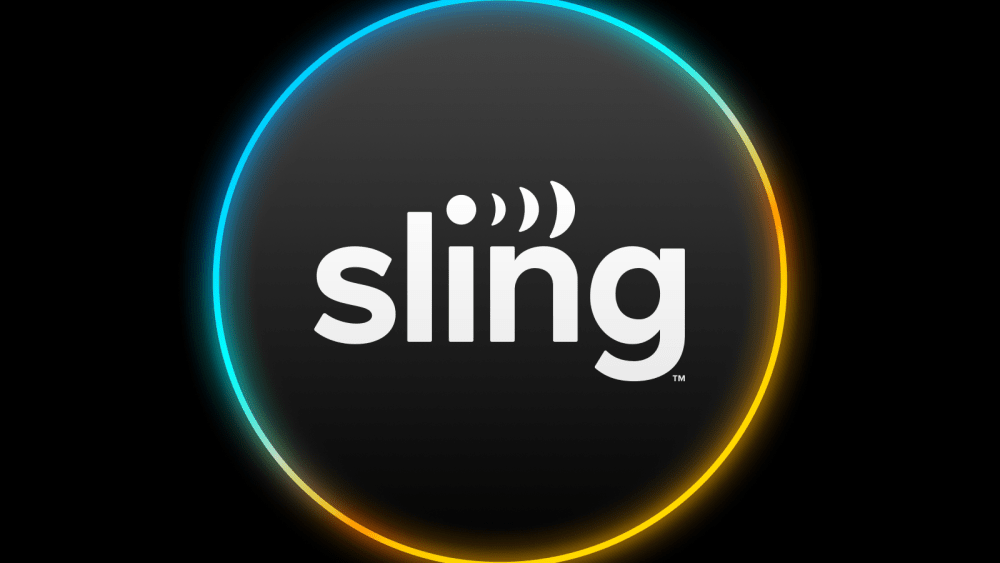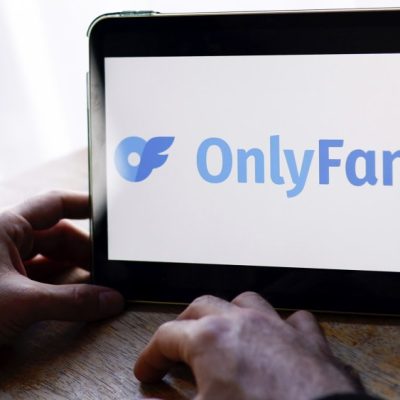Disney lawsuit Sling TV has recently gained significant attention following a lawsuit filed by The Walt Disney Company against Dish Network’s streaming service, Sling TV. The suit alleges that Sling TV’s new Day Pass subscription model, which offers short-term access to its channels, violates existing distribution agreements. Disney claims that these passes were introduced without prior consultation and lack authorization, raising concerns about the terms of their licensing agreements. The unfolding legal battle highlights the evolving landscape of digital media rights and the ongoing tension between content providers and distributors, marking a pivotal moment in the streaming industry.
Overview of Disney’s Legal Claims Against Sling TV
Disney’s lawsuit against Sling TV revolves around allegations that its short-term subscription packages, which allow users to access channels on a temporary basis (sometimes for as little as 24 hours), breach their existing distribution contract. According to Disney, the lack of consultation violated agreements that dictate how its content can be packaged and sold. This legal action reflects broader concerns regarding content ownership and distribution rights in the streaming era, as traditional media companies adapt to rapidly changing consumer behavior. For more details on the legal implications, refer to the analysis provided by Deadline.
Implications for Streaming Services and Content Creators
This lawsuit highlights the challenges within the streaming industry, particularly for services like Sling TV, which are dependent on third-party content providers. As content creators become increasingly protective of their intellectual property, distribution models that worked in the past may face scrutiny. Major entities like Disney are likely to leverage legal frameworks to protect their content more aggressively, leading to strategic shifts in how services package their offerings. This ongoing struggle emphasizes the importance of robust licensing agreements in the rapidly changing media landscape. For a more in-depth examination, check out The Wrap’s coverage.
📊 Key Data Insights
- Significant Outcome: Legal decisions may reshape how content is licensed.
- Market Analysis: Increased competition among streaming services.
Future Considerations for Sling TV and Disney
The outcome of this legal battle could have lasting implications for both Disney and Sling TV. As legal restrictions increase, companies may need to reassess their business models and consider strategic partnerships or alterations to their offerings. The decision could also impact user engagement, as customers may react to changes in availability or pricing. To grasp the full context of Disney’s business strategy and its impact on consumers, refer to more insights shared by Variety.
Key Takeaways and Final Thoughts
The Disney lawsuit Sling TV serves as a crucial reminder of the fragility of digital distribution agreements. As traditional media players continue to flex their legal rights, streaming platforms must navigate these legal landscapes cautiously. The potential ramifications on the streaming market could redefine how services interact with content creators in the future, influencing everything from pricing structures to consumer access. Stay updated with the latest on this topic by following Front Office Sports.
❓ Frequently Asked Questions
What is the basis of the Disney lawsuit against Sling TV?
Disney’s claims focus on violations of distribution agreements due to Sling TV’s unauthorized offering of short-term subscriptions. Legal consequences could shape future licensing contracts.
What impact might this lawsuit have on consumers?
Depending on the ruling, consumers may experience changes in access to programming or subscription pricing. Awareness of these developments is vital for users.
To deepen this topic, check our detailed analyses on Movies & TV Shows section







